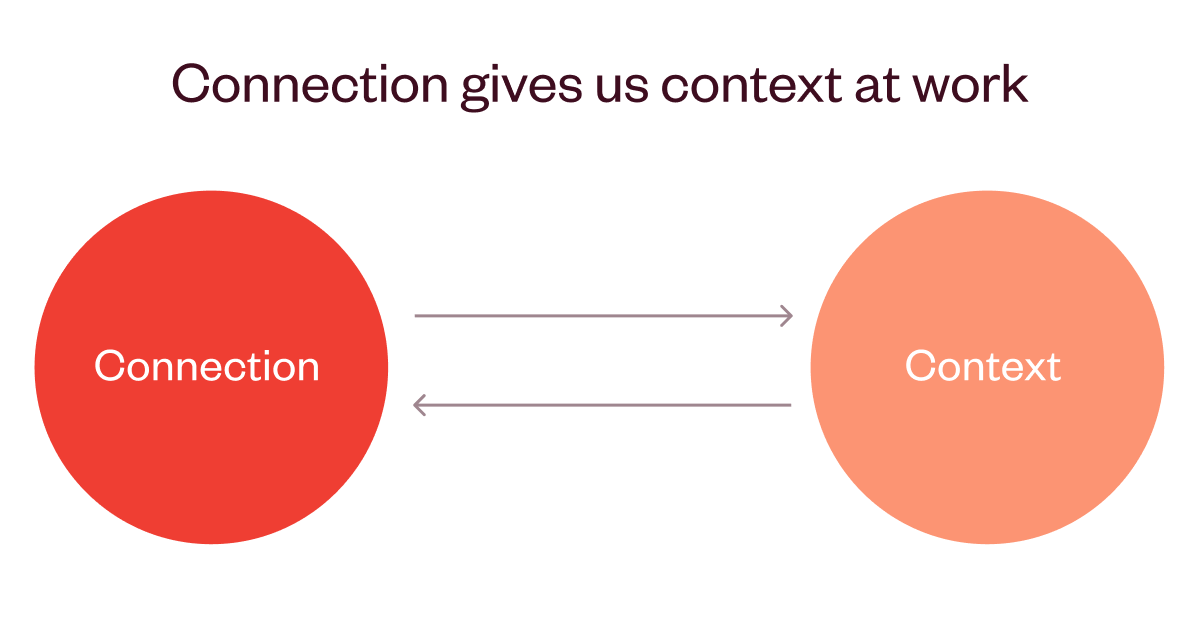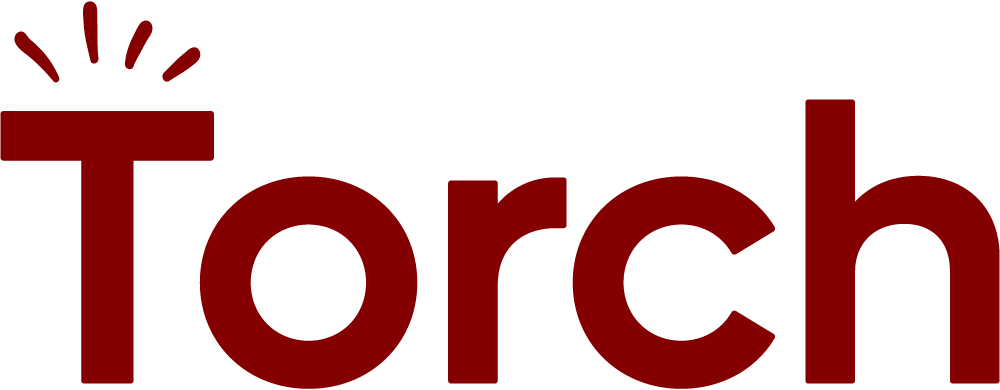Workplace Stories is a podcast by RedThread Research. Its sixth season is focused on The Great Reconnection. Stacia Sherman Garr, Dani Johnson, Principal Analysts and founders of RedThread along with Chris Pirie of The Learning Futures Group invite thinkers, writers, leaders, and practitioners as they tell their stories about what works in the workplace, what they’ve learned, and what they hope to see in the future. Torch is the season sponsor.
This season of Workplace Stories explores The Great Reconnection. Connection is an essential part of the human experience and it has been disrupted. As a result, organizations are taking on more of the burden of building connections. This season will examine how business leaders are rethinking leadership at every level and how to scale it across the organization.
This brings us to our first guest for the season, Liz Wiseman. She is the CEO of the Wiseman Group, author of Impact Players, Multipliers, Rookie Smarts, and The Multiplier Effect. She speaks about leaders and how they can build connections with and between employees and within the organization. I’d like to invite you to listen to this podcast (and subscribe) because her insights are incredibly applicable, and it’s simply more fun to hear them directly from her. If you don’t have time to listen right now, here are my top takeaways from the episode:
1- We need to create new habits around connecting
The pandemic really shifted people’s behavior. Liz used the example of going for a walk in your neighborhood and how the behaviors around it have drastically changed–you don’t make eye contact, you step to the side or out of the way–basically, you optimize for social and physical distance. She called these “newly acquired old habits” that we need to break as we work to establish how to be together. These habits have an impact on how we work together in virtual and in-person spaces. She posed that the manager’s role is critical in this helping break these habits and form new, shared ones. Managers need to help teams find their commonalities again, especially in a world that has become more fractured and divisive.
2- Connection gives us context at work
There is a virtuous cycle between connection and context. Connection gives us context and context is a key way to feel connected at work. We’ve spent a couple of years working in atypical ways and while there is plenty of upside to it, there are some obstacles to connecting with each other. An example Liz shared was about how easy it is to miss the subtext of things when you’re working remotely, the unspoken ‘writing on the wall’ doesn’t translate well in a virtual environment. This is something that you can overcome, especially if managers see it and are purposeful about establishing a connection to the big picture. Sharing the context builds interpersonal trust, and reinforces the purpose and impact of the person’s work.

3- Safety and stretch is where people thrive
In Liz’s writing, she identifies two different types of leaders–multipliers and diminishers–and explains the key differences between their mindsets, actions, and impact. In the case of providing context, Liz shared that both types of leader can do that, but it’s what happens next that is the key to high performance. Multipliers create connection, give context, and create two coexisting simultaneous conditions– safety and stretch. “If you can create those two conditions in roughly equal measure, people generally create their best work.” It’s not just context that makes the difference between teams performing their very best versus shutting down or playing it safe.
Those are my top three, but really go listen. I only scratched the surface of all the great insights and examples that Liz and the team at RedThread shared. Let me know what you thought was most important or interesting.
Curious how coaching or mentoring can help your organization support its leaders? We’d love to chat.

